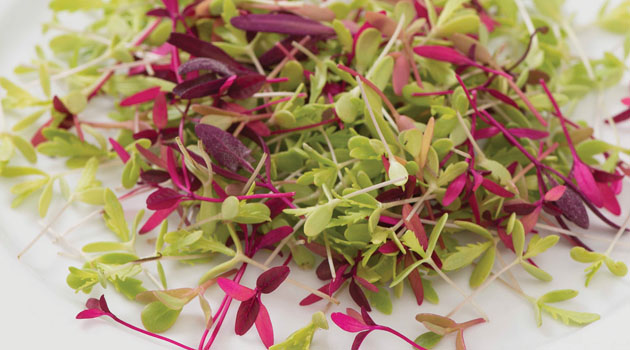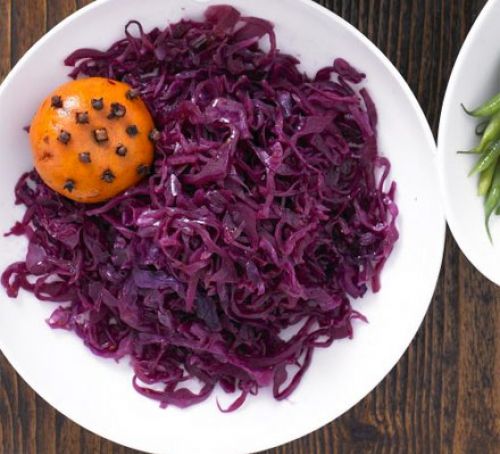Health
Here’s How Red Cabbage Micro Greens Can Help Your Heart Health
There’s been a lot of focus on heart healthy foods of late, understandable considering the amount of people around the world who suffer from heart disease. While omega-3 rich fish, nuts and berries have long been accepted as heart healthy foods, a recent study has found that one more food may need to be added to the list; red cabbage micro greens.
What Are Micro Greens?
Micro greens are miniature vegetables harvested early into the vegetable’s growth, which are used to give both visual and flavour appeals to a range of dishes including soups and salads. Popular micro greens include arugula, basil, beetroots, kale and cilantro.
Micro greens have been recognised for their nutritional as well as flavour value; they have high concentrations of a range of vitamins and nutrients including Vitamin C, Vitamin E and Vitamin K.
Red Cabbage Micro Greens For Heart Health
Accepting the idea that micro greens are nutrient packed powerhouses and considering that earlier research had highlighted the benefits of red cabbage in protection against cholesterol, researchers decided to test the benefits of red cabbage micro greens in lowering bad cholesterol.
The study divided 60 mice into six groups which each received a different diet; a low fat diet, a high fat diet, a low fat diet with red cabbage micro greens, a low fat diet with mature red cabbage, a high fat diet with red cabbage micro greens and a high fat diet with mature red cabbage.
After eight weeks, the researchers found that the mice on a high fat diet who had been eating red cabbage (both micro greens and mature) showed less weight gain and liver cholesterol as compared to the other mice on the high fat diet. They also found that the mice eating the red cabbage micro greens had significantly lower levels of LDL or bad cholesterol.
They therefore concluded that micro greens can play a role in reducing bad cholesterol and therefore maintaining better heart health.
The study was published in the Journal of Agricultural and Food Chemistry.























